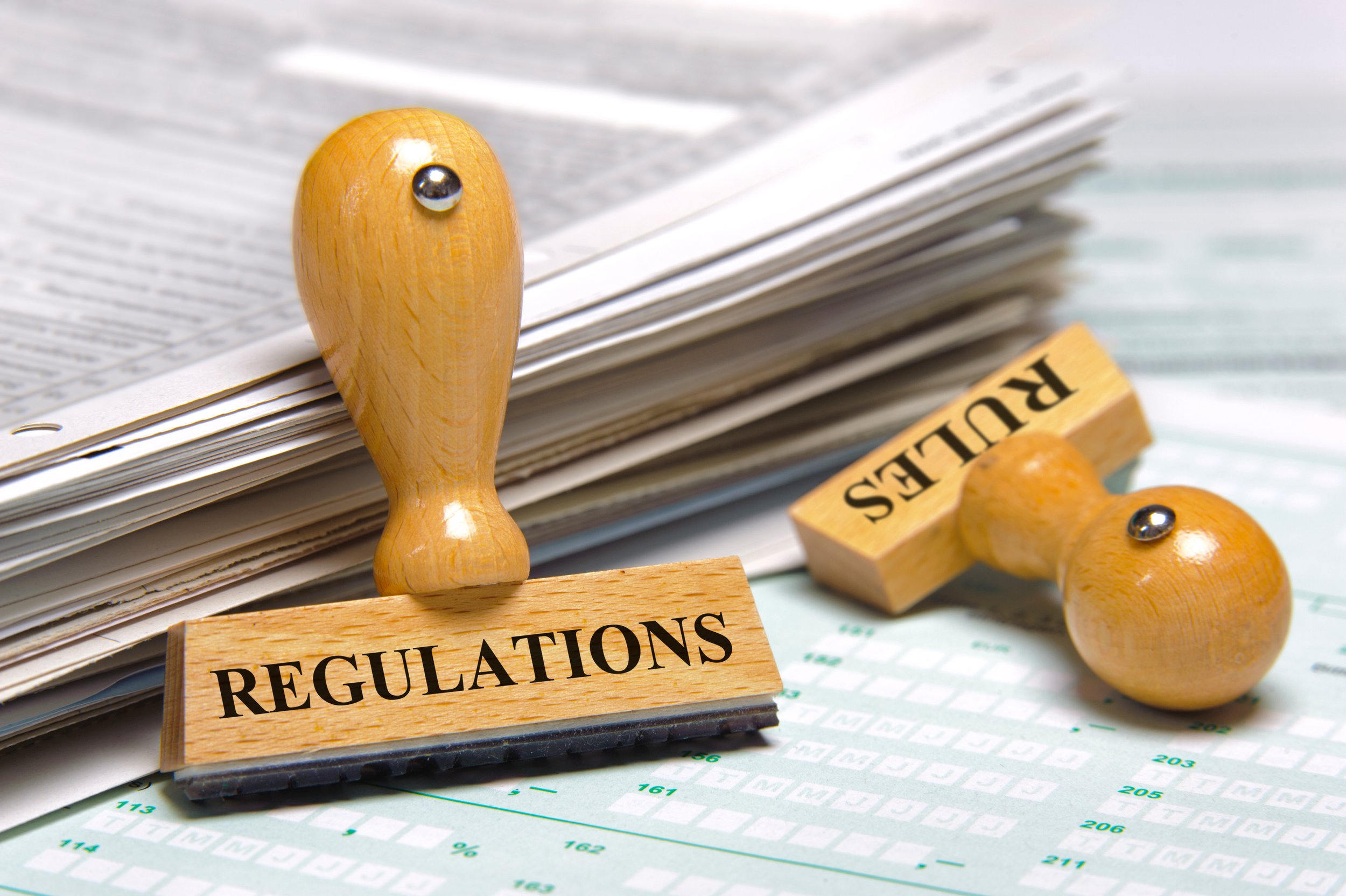How To Avoid Regulations Risk By Understanding 401(k) And IRA Retirement Account Rules
With most people having the majority of their retirement savings in government-approved plans like 401(k)s and IRAs, it’s no wonder that they are asking questions like…
What is regulations risk?
Has the government changed any rules on retirement accounts in the past?
Will the government change any rules on retirement accounts in the future?
How can I avoid regulations risk?
In this article, we’ll answer those questions for you.
By the way, if you’d like your retirement savings to only ever go up, and never go down, then email us at info@ritchieadvisorygroup.com for our tried and true blueprint! You can also read our article on market risk and how to avoid it.
What is regulations risk?
The government is continuously reviewing regulations every year, and there is no way to know what changes they will make from one year to the next.
If they can make changes to your retirement plans at their own convenience, and with their own interests in mind, then it probably makes sense to avoid having all of your retirement savings in accounts like these. If you don’t know what rules will be in place when you retire, then do you really have a safe and predictable retirement plan?
3 Quickfire Questions:
Do you have a crystal ball to see what tax rates will be in the future?
If you don’t know with 100% certainty what tax rates will be on the day that you retire, then how can you calculate the amount of taxes that you’ll owe in retirement?
If you can’t calculate the amount of taxes that you’ll owe, then how can you calculate the amount of income that you’ll have left for retirement?
Government-approved retirement plans like 401(k)s, 403(b)s, and IRAs have many rules. They can limit how much money you put in, what your investment options are, when you can access your money, and they can force you to withdraw money even if you don’t want to! Oh, and if you don’t follow their rules exactly, you can expect to pay hefty penalties!
Immediately after putting your money into these type of plans, you no longer have full control over it. The government (and your employer) now have control, so they can change the rules whenever they want to!
Did you know? Some government-approved retirement plans will restrict access to your money until age 59 1/2.
Has the government changed any rules on retirement accounts in the past?
Some people say that the tax code is “written in pencil”, and this can be said of retirement account rules as well. One example of how the government has changed their rules on retirement accounts in the past, is with regards to inherited IRAs.
The SECURE Act completely changed the rules for inherited IRAs, just as recently as January 2020. They did this by eliminating the life expectancy payout for most beneficiaries (referred to as the “stretch IRA”). Now, many beneficiaries have to withdraw all assets from an inherited IRA, or 401(k), within 10 years of the death of an account holder, instead of stretching those payments out over their lifetime.
Did you know? Some government-approved retirement plans will force you to take withdrawals from your savings shortly after you turn 70 years old.
Will the government change any rules on retirement accounts in the future?
They will absolutely make changes again at some point in the future. For example, some people think that they’ll target the Roth IRA. At the moment, they don’t force you to take withdrawals from this retirement account, but maybe that will change in the future. Could withdrawals become taxable in the future as well? I’d say it’s doubtful, but it is still possible.
We are living through tough times at the moment, so you should keep an eye on any potential future changes. Make sure that you have a plan in place to reduce any negative impact that this might have on your savings.
The truth is, the government created these plans, so they know exactly where your money is and how much you have. If the government needed to raise funds, then they know how much money is sitting in accounts like 401(k)s and IRAs. This money has not yet been taxed, so simply by raising taxes, they can look forward to keeping more of your hard-earned money after you withdraw it!
By the way, if you’re worried about inflation and would like to see some solutions to this problem, then email us at info@ritchieadvisorygroup.com! You can also read our article “What Is Inflation Risk & How Does It Affect My Retirement Income?”
How can I avoid regulations risk?
To a certain extent, regulations risk is out of your control, because nobody knows what will happen in the future. However, there are ways that you can prepare for the unknown…
1. Diversifying your retirement accounts can be a great idea to reduce this risk.
2. You can avoid using government-controlled retirement plans altogether, and take back full control of your finances.
3. You can actually set up your own personal retirement plan, which will eliminate some of the big retirement risks (longevity risk, liquidity risk, etc.)
4. Do you think that tax rates will go up in the future? If so, why not use a specially designed retirement plan that will keep your money off the radar screen of the IRS for income tax purposes.
For more information on which strategies might work best for you while planning against regulations risk, be sure to schedule a free retirement consultation today. You can also read our article that discusses the top 10 retirement planning risks and how to avoid them.

